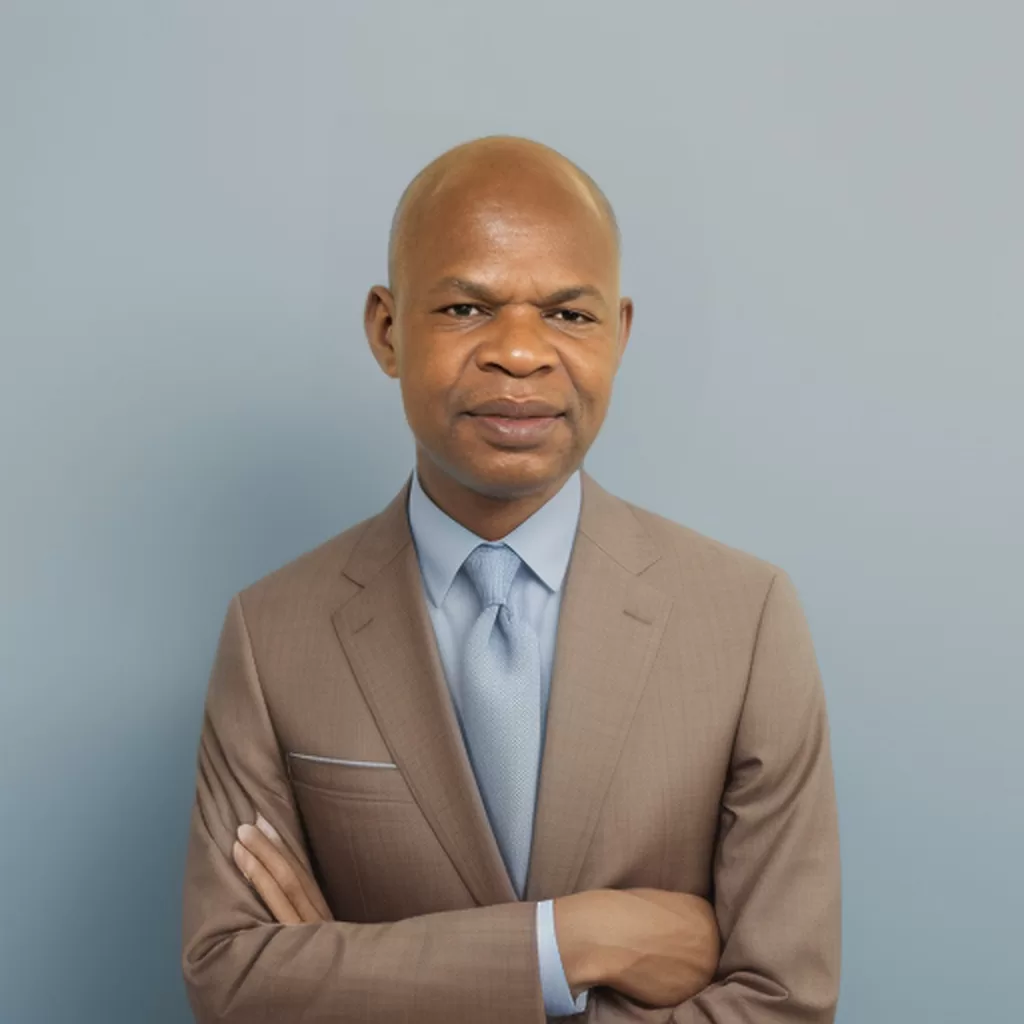Work, Responsibility, and Reform: Arkansas' New Medicaid Plan
Written by Contributing Author, Charles Wekesa

By Charles Wekesa
The goal is simple: create a fair, efficient system that serves as a safety net, not a trap. It's about accountability and responsible governance.

Hey there, fellow Arkansans and policy enthusiasts! Have you heard about the letter our Governor Sarah Huckabee Sanders sent to HHS Secretary-Designate Robert F. Kennedy Jr.? It’s causing quite a stir, and for good reason. The big news is that she’s proposing to bring back work requirements for some folks receiving Medicaid through our state’s expansion program, ARHOME. Let’s dive into what this means for our state and its people.
Background on Medicaid Expansion in Arkansas
Before we get into the nitty-gritty of the proposal, let’s take a quick trip down memory lane. Remember ARHOME? It’s our state’s Medicaid expansion program, aimed at providing health coverage to more low-income adults. Now, this isn’t the first time we’ve talked about work requirements. Back when Trump was in office, Arkansas tried to implement something similar. But, as you might recall, it hit a snag when legal challenges put a stop to it.
The Proposal: Work Requirements for Medicaid Recipients
So, what’s new this time around? Governor Sanders has submitted a waiver that would require able-bodied, working-age adults without dependents to work, volunteer, or participate in job training to receive Medicaid benefits. The key here is that she’s trying to make it less of a hassle for everyone involved while still keeping things fair. It’s like finding that sweet spot between helping folks and making sure the system isn’t taken advantage of.
The Rationale Behind the Proposal
Now, you might be wondering, “Why bother with all this?” Well, let’s look at some numbers. Did you know that Arkansas spends about $2.2 billion each year on Medicaid for around 220,000 able-bodied adults? And get this – about 90,000 of these folks aren’t employed. Governor Sanders argues that this setup might be discouraging people from working. It’s like we’ve accidentally created a system that rewards sitting on the sidelines instead of getting in the game.
Work as a Pathway to Prosperity
But here’s the thing – work is about so much more than just bringing home a paycheck. It’s about learning new skills, taking on responsibilities, and becoming more independent. Think about it – when you’re working, you’re not just earning money, you’re building a life. And on a bigger scale, having more people in the workforce can help tackle issues like crime, poverty, and even absentee parents. It’s like giving people a ladder to climb out of tough situations.
Addressing Criticism and Concerns
Now, I know what some of you might be thinking. “Isn’t this going to hurt people who need help?” It’s a fair question and one that’s bound to come up from advocacy groups. And yes, there might be some bumps in the road when it comes to putting this plan into action. But the goal here is to find that balance between being compassionate and encouraging responsibility. We want to make sure that folks who genuinely need help aren’t left out in the cold.
Broader Political and Economic Implications
This proposal isn’t happening in a vacuum. It’s part of a bigger conversation happening across the country about welfare reform. Remember President Trump’s vision for a smaller government and stronger communities? This fits right into that idea. And for Arkansas specifically, it could mean big changes for our economy and the amount of money coming out of taxpayers’ pockets.
Role of HHS and Next Steps
Of course, all of this hinges on getting the thumbs up from the federal government. If they give it the green light, we could see these changes rolling out pretty soon. And you can bet there will be plenty of eyes watching to see how it all shakes out.
Conclusion
This is all about helping our neighbors stand on their own two feet. We want a system that’s there when you need it but doesn’t become a trap that’s hard to escape. It’s about being fair to everyone – those who need help and those who are footing the bill. Whatever your thoughts on the proposal, we can all agree that we want what’s best for Arkansas and its people.
“The goal is simple: create a fair, efficient system that serves as a safety net, not a trap. It’s about accountability and responsible governance.”
What do you think about this proposal? I’d love to hear your thoughts!




